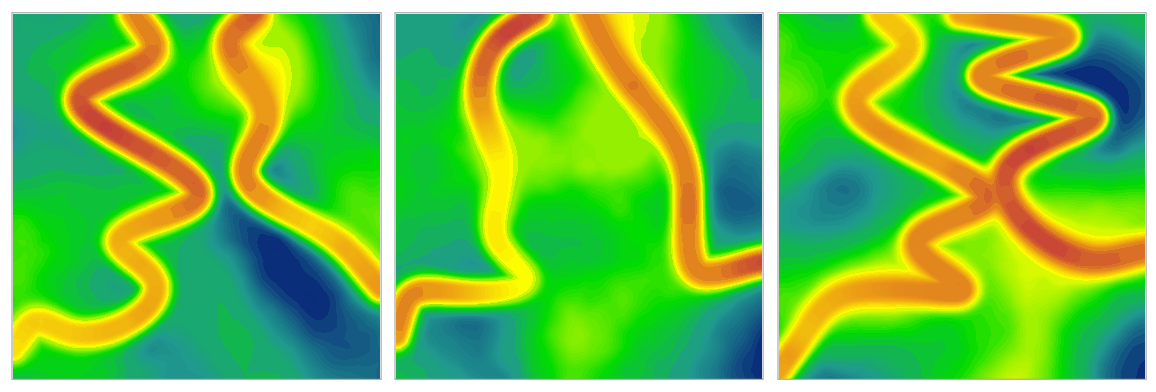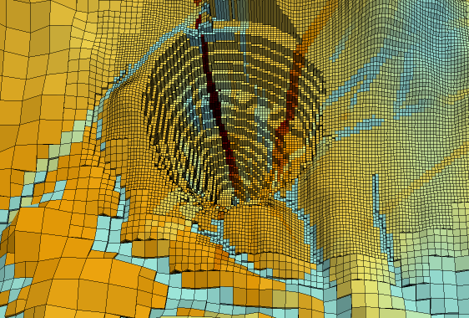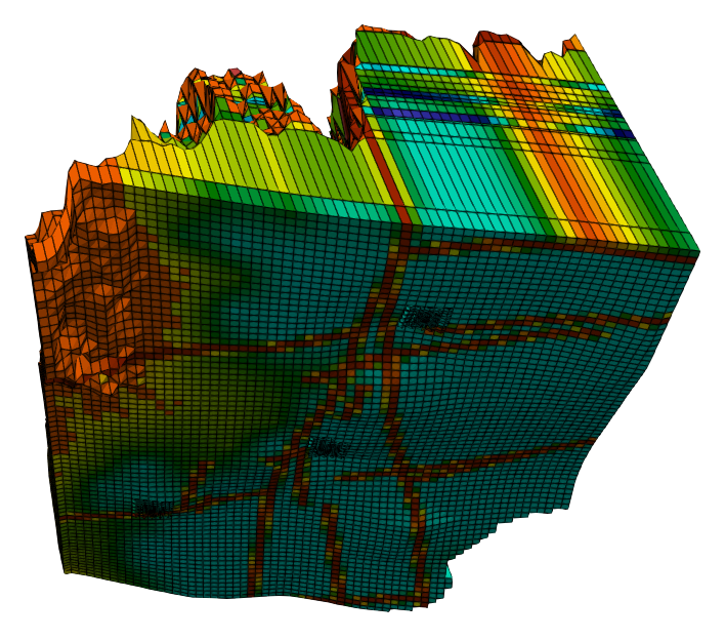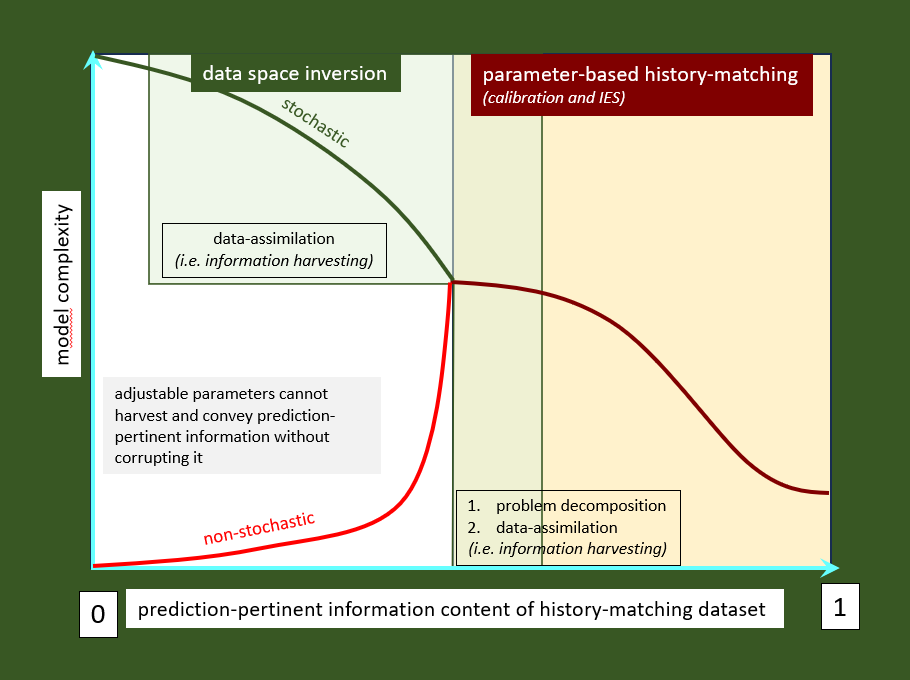GMDSI has assembled an important collection of in-depth training material on decision support modelling in general, as well as on PEST, PEST++ and PyEMU. Visit the GMDSI web pages.
Videos
Visit the GMDSI YouTube channel for videos on practical and more philosophical subjects that include:
- The maths behind PEST and PEST++;
- Data space inversion;
- Ensemble space inversion;
- PLPROC;
- Moveable structural overlay parameters;
- Covariance matrices;
- PEST file types;
- Generation and adjustment of nonstationary parameter fields;
- The journey of information;
- Groundwater modelling and the scientific method;
- Decision-support modelling with Python;
- Recordings of GMDSI webinars.
There are 54 videos in all - hours of educational listening.

Tutorials
GMDSI tutorials include files and documentation for many different aspects of PEST/PEST++ setup and usage. Topics include:
- Use of MODFLOW 6, nonstationary geostatistics and data space inversion to model an open loop shallow geothermal system;
- Three dimensional conceptual points, pilot points and nonstationary geostatistics;
- Optimization under uncertainty using DSI;
- 2D and 3D ensemble space inversion (ENSI);
- Linear and nonlinear parameter and predictive uncertainty analysis;
- Data worth analysis;
- Use of OLPROC;
- Structural overlay parameters;
- Moveable alluvial channels as a parameterization device;
- Construction of covariance matrices based on stationary and nonstationary variograms;
- Basics of pilot points;
- Model visualization and display using SURFER and PARAVIEW.

Worked Examples
A GMDSI worked example is comprised of a comprehensive document describing construction of a decision-support model, and use of that model in data assimilation and uncertainty analysis. As such, it describes how many features of PEST and PEST++ can be put to good use in innovative real-world modelling.
Worked example topics are as follows:
- Structural overlay parameters and a tunnel model;
- Contaminant source identification;
- Coastal management modelling;
- Probabilistic capture zone analysis;
- Simultaneous interpretation of six pumping tests with structurally-controlled heterogeneity;
- Using linear analysis to explore the predictive repercussions of model simplifications;
- Township water supply security.

Monographs
Occasionally GMDSI personnel publish a monograph on a topic that is considered important for decision-support modelling. Monograph topics include:
- Decision support modelling self-questionnaire;
- The journey of information and its repercussions for decision-support modelling;
- Problem decomposition;
- Decision-support modelling and the scientific method.

